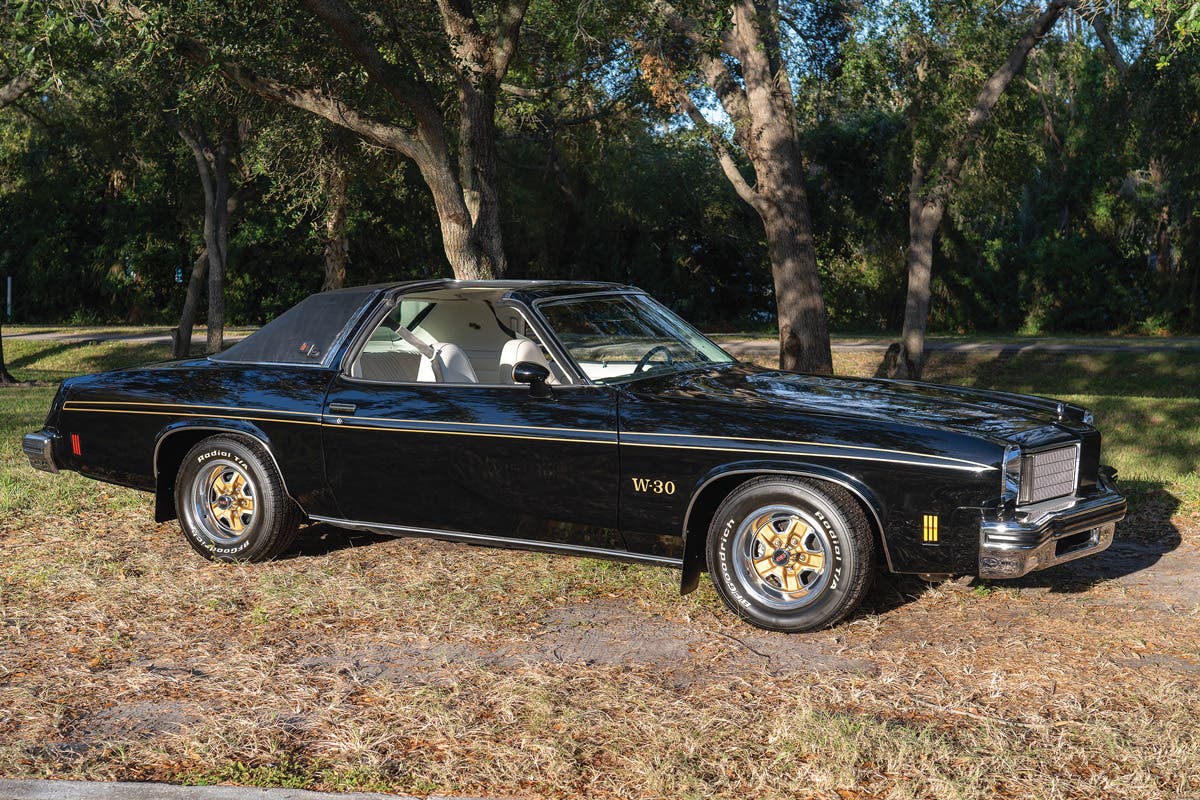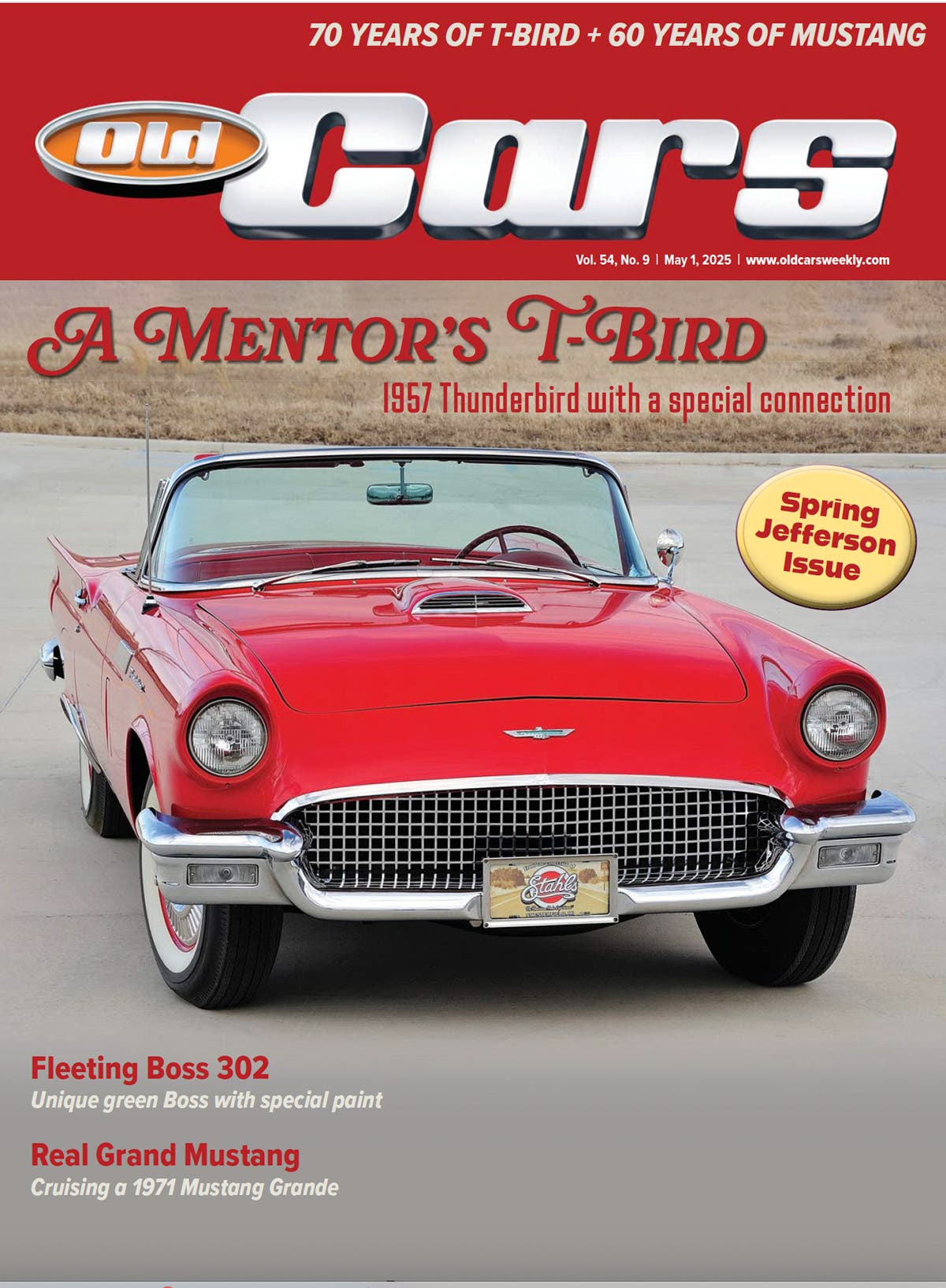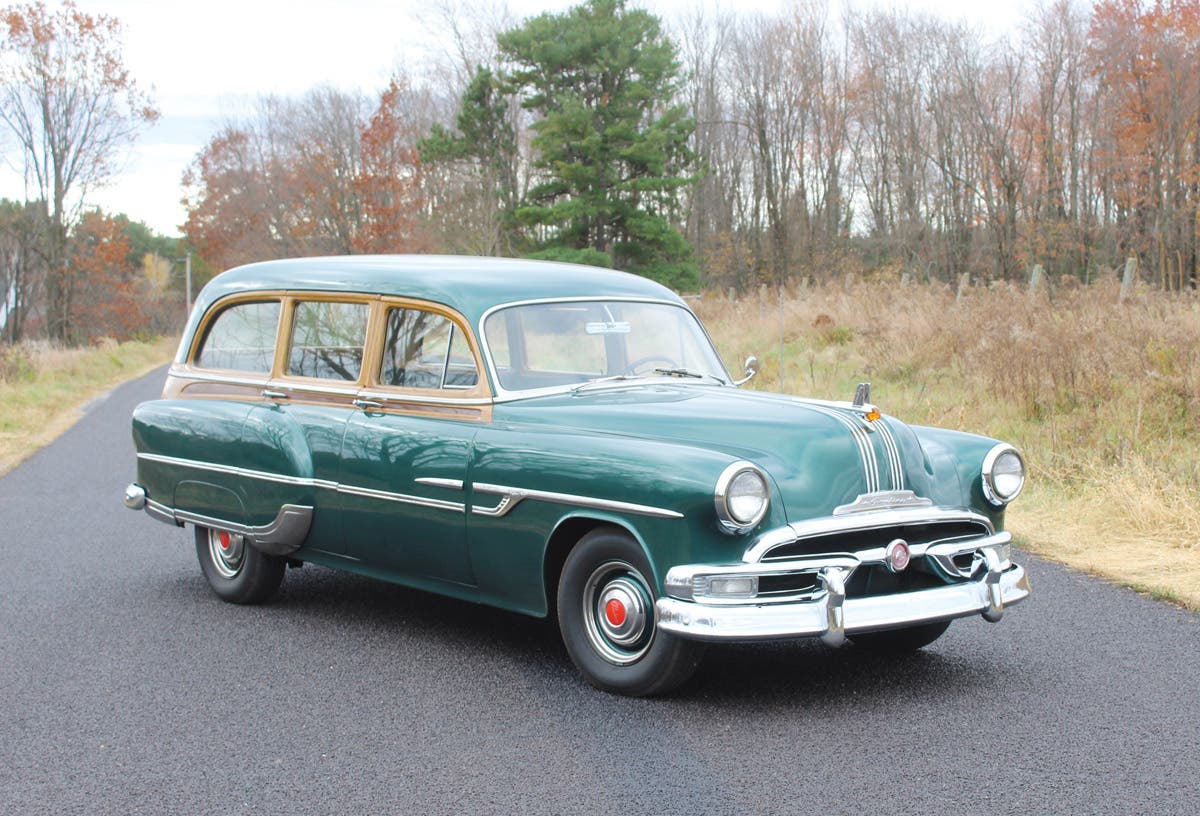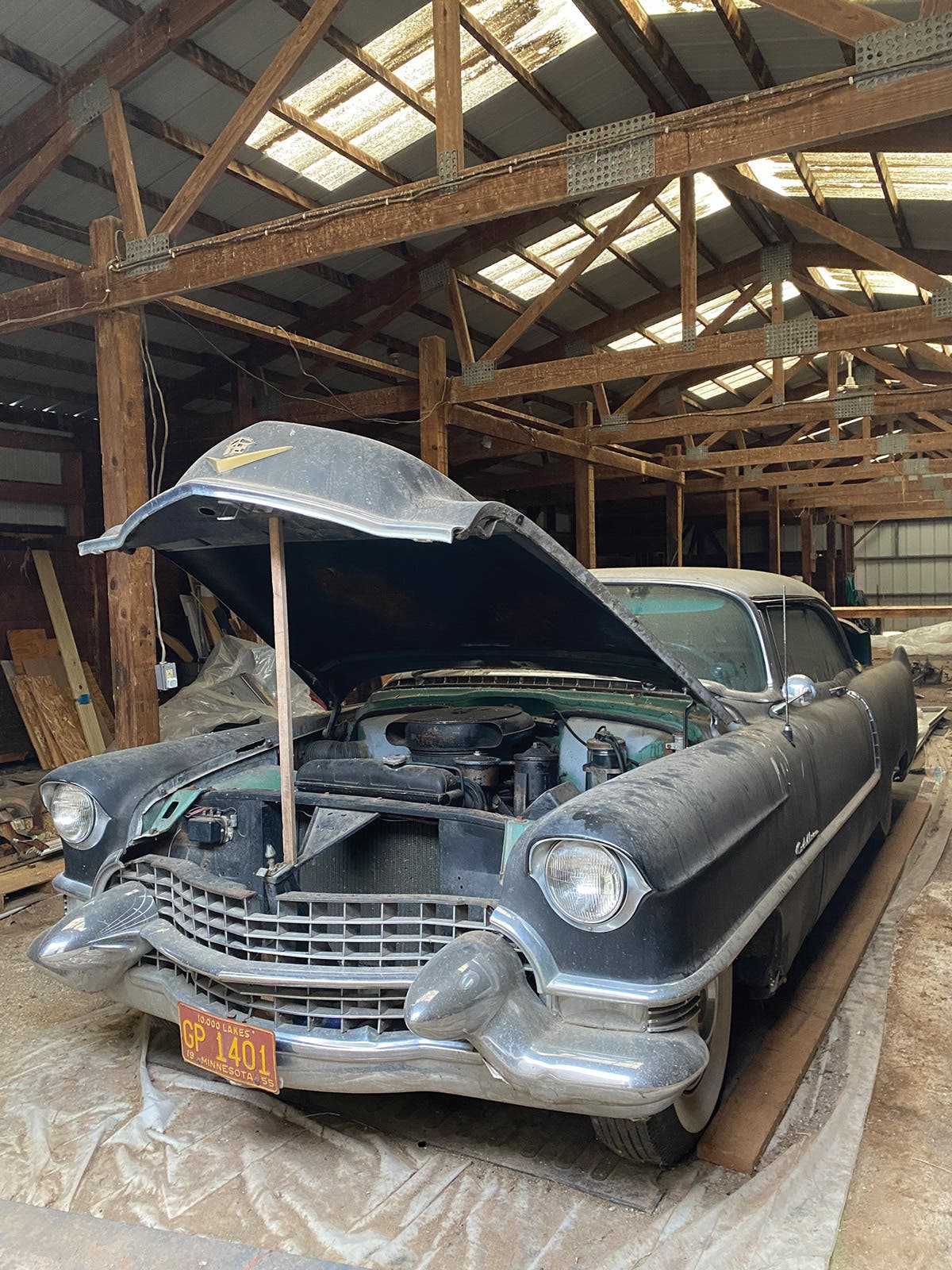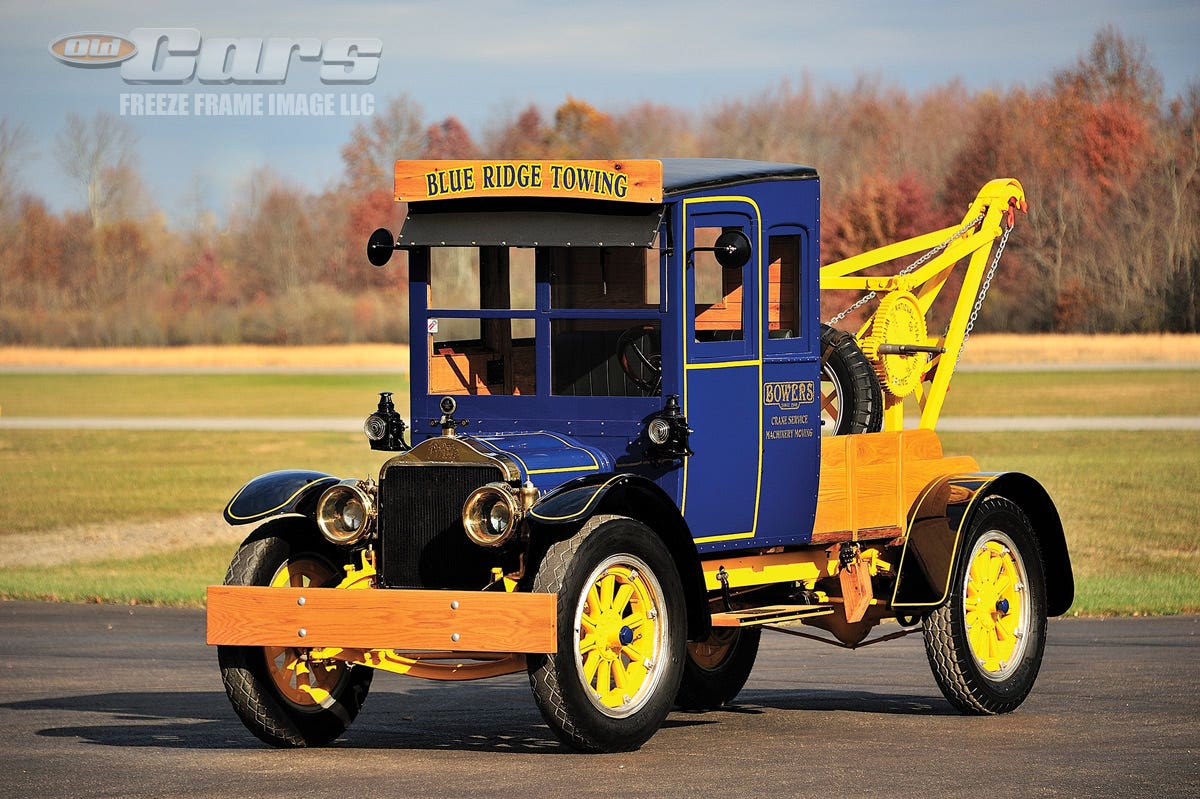How the COVID-19 virus is affecting the car hobby
On Feb. 28 the promoters of the early March Geneva International Motor Show were forced to cancel the event due to coronavirus (COVID-19) concerns. More recently, RM Sotheby’s has postponed…
On Feb. 28 the promoters of the early March Geneva International Motor Show were forced to cancel the event due to coronavirus (COVID-19) concerns. More recently, RM Sotheby's has postponed its Essen Auction at Techno-Classica, and the 2020 New York International Auto Show has been rescheduled due to the virus. The Swiss government had issued a decree banning public gatherings of more than 1,000 people. The Beijing Auto Show in China, which is scheduled for April, had already been cancelled.
According to industry sources, even before the Swiss decree, auto show participants were considering changing plans. Automakers exhibiting in the annual new-car show had been worried about having their executives contract the virus.
The Geneva cancellation took place at the last minute, as press days for the show were set for March 3 and March 4. The move also followed a decision in the United States to move Detroit’s North American International Auto Show from January to June. To date, the organizers of April’s New York Auto Show say that they plan to take precautionary measures inside the Javits Center venue to help prevent the spread of respiratory viruses.
According to the Center for Disease Control (CDC) Website, common human coronaviruses, including types 229E, NL63, OC43, and HKU1, usually cause mild to moderate upper-respiratory tract illnesses, like the common cold. Most people get infected with one or more of these viruses at some point in their lives. This information applies to common human coronaviruses and should not be confused with coronavirus disease 2019 (COVID-19) which was formerly referred to as 2019 Novel Coronavirus.
The CDC is monitoring an outbreak of respiratory illness caused by COVID-19, the novel coronavirus first seen in Wuhan, Hubei Province, China. COVID-19 cases are being reported in many countries, including the United States. There have been some deaths in the U.S. You’ll find the latest on COVID-19 at https://www.cdc.gov/media/dpk/diseases-and-conditions/coronavirus/coronavirus-2020.html.
How the virus will affect old-car events scheduled for 2020 is yet to be determined, but is certainly on the minds of both car club show chairmen and the promoters of for-profit car shows and auctions. It’s likely that classic car auction companies will see more online bidding, which could actually increase the workload for dealers, brokers, car inspectors and appraisers. Possibly parts suppliers and vendors will also find ways to use the Internet more—at least until a vaccine for COVID-19 is developed.
Developing new drugs, getting them approved and creating a delivery pipeline is typically a lengthy process. Steps are being taken to streamline the procedures, but the estimates we’ve heard to date say full approval could require more than a year. Some medical experts believe that the number of virus cases will drop as spring and summer weather arrive, but the problem is so new that no one knows many facts for certain.
Old Cars thinks that it is important for all of our readers to know about this virus and to understand some of the ways to hopefully help avoid getting it. At the same time, it’s important to know the sign and symptoms of the COVID-19 virus. The following information has been disseminated:
IMPORTANT ANNOUNCEMENT - CORONAVIRUS
- If you have a runny nose and sputum, you have a common cold
- Coronavirus pneumonia is a dry cough with no runny nose.
- his new virus is not heat-resistant and will be killed by a temperature of just 26/27 degrees. It hates the Sun.
- If someone sneezes with it, it takes about 10 feet before it drops to the ground and is no longer airborne.
- If it drops on a metal surface it will live for at least 12 hours - so if you come into contact with any metal surface - wash your hands as soon as you can with an antibacterial soap.
- On fabric it can survive for 6-12 hours; normal laundry detergent will kill it.
- Drinking warm water is effective for all viruses. Try not to drink liquids with ice.
- Wash your hands frequently as the virus can only live on your hands for 5-10 minutes, but a lot can happen during that time. You can rub your eyes, scratch your nose unwittingly and so on.
- You should also gargle as a prevention. A simple solution of salt in warm water will help.
- Drink plenty of water!
SYMPTOMS
- It will first infect the throat, so you'll have a sore throat lasting 3-4 days.
- The virus then blends into a nasal fluid that enters the trachea and then the lungs, causing pneumonia. This takes about 5-6 more days
- With the pneumonia comes high fever and difficulty in breathing.
- The nasal congestion is not like the normal kind. You feel like you're drowning. It's imperative you then seek immediate attention.
WHAT ABOUT SHOWS?
The Wisconsin BBB has given us some useful suggestions -
BBB Tip: What to Do if an Event is Canceled by a Pandemic
Milwaukee, Wis. – Officials are announcing restrictions on mass public gatherings to limit the spread of the coronavirus. While the numbers of how many people may gather at one time vary from state to state, it is causing the immediate cancellation or delay of concerts, major sporting events, theater productions, marathons, fairs, and festivals. This may leave many people who purchased tickets or made reservations well in advanced feeling a little dismayed and wondering what they should do next.
BBB recommends the following tips if this should happen to you:
- Review the cancellation policy. Visit the venue’s website or contact the business. Given the uncertainty of this situation, each vendor or host is more than likely have their own policy in handling refunds, exchanges or may offer a rescheduling option.
- Check your credit card company. If you are denied a refund from the vendor and purchased tickets or made a reservation using a credit card, contact the credit card company to dispute the charges.
- Check with the distributor of the tickets. For tickets or reservations that are purchased online, many refunds, according to the venue’s policy, will be automatically processed to the same card that was used for purchase. Check with the distributor to learn more.
- Stay home if you are sick. If you become ill or are not comfortable attending an event that is not canceled, stay home. Contact the box office and explain the situation.
- Review any ticket insurance purchased. If you purchased ticket insurance, review the fine print to see what is and isn’t covered. Understand that the policy may not cover things such as a pandemic and it may be outlined within the policy. The same advice would apply for travel insurance.
- Contact the vendor. Items such as airline tickets should be dealt with the vendor where you purchased the original ticket from. For example, if the ticket was purchased through Expedia, review and follow the cancellation policy on the website.
- Have patience. As this pandemic unfolds, it is difficult to tell how long it will continue and what the impact is going to be on everyone from event planners to vendors to businesses and for consumers. If it is difficult to get through to customer service, understand there are probably other people in your same situation.
For more information, please visit BBB.org/coronavirus
For more information or further inquiries, contact the Wisconsin BBB at www.bbb.org/wisconsin, 414-847-6000 or 1-800-273-1002.



